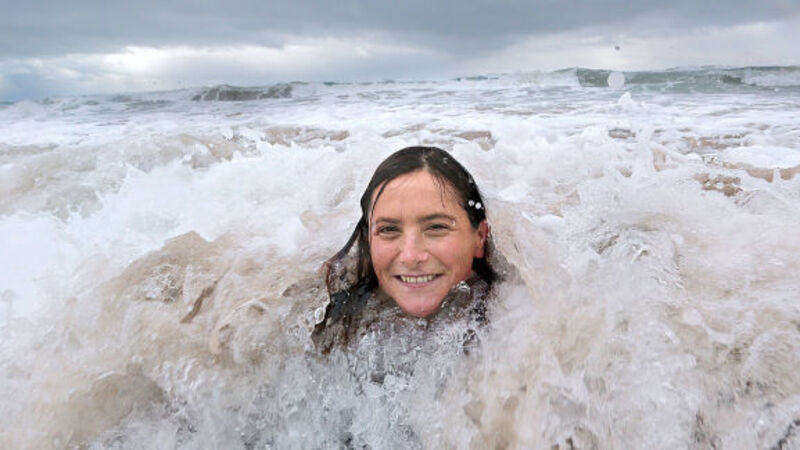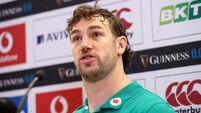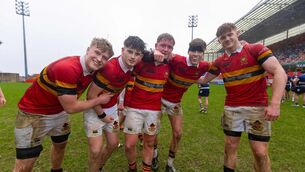Sat, 02 Aug, 2014 - 01:00
I swam across,
I jumped across for you,
Already a subscriber? Sign in
You have reached your article limit.
Subscribe to access all of the Irish Examiner.
Annual €130 €80
Best value
Monthly €12€6 / month
Introductory offers for new customers. Annual billed once for first year. Renews at €130. Monthly initial discount (first 3 months) billed monthly, then €12 a month. Ts&Cs apply.
CONNECT WITH US TODAY
Be the first to know the latest news and updates
CourtsRugbyPlace: Mount EverestPlace: IrelandPlace: FrancePlace: KillaloePerson: AnthonyPerson: Rosie FoleyPerson: PatPerson: Fionnuala WalshPerson: JesusPerson: BrendanPerson: AxelPerson: ScariffPerson: RosiePerson: Brendan FoleyPerson: Smith O’BriensPerson: Anthony FoleyPerson: Pat MinoguePerson: Mike MacPerson: FoleyPerson: MikeEvent: Rugby World CupEvent: World CupEvent: 1989 All-Ireland FinalOrganisation: MunsterOrganisation: ChannelOrganisation: ColdplayOrganisation: ULOrganisation: All BlacksOrganisation: IrelandOrganisation: St MunchinOrganisation: St MaryOrganisation: Clare

















